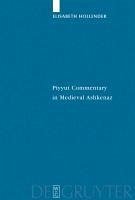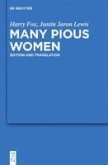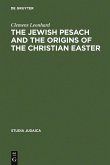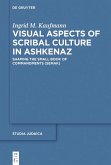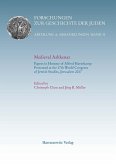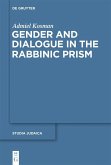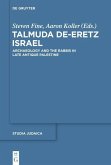Jewish liturgical poetry (piyyut) was commented on since the Middle Ages until modern times, although most of the medieval texts have not been edited. The present study is the first comparative analysis of medieval piyyut commentary from Ashkenaz, including a full description of the genre, taxonomy of commentary elements and techniques and sample editions of several commentaries.
Dieser Download kann aus rechtlichen Gründen nur mit Rechnungsadresse in A, B, BG, CY, CZ, D, DK, EW, E, FIN, F, GR, HR, H, IRL, I, LT, L, LR, M, NL, PL, P, R, S, SLO, SK ausgeliefert werden.
"[...] Hollender's book, as well as her growing body of work in general, is a serious contribution to the study of piyyut commentary and is sure to serve as a touchstone in what one hopes will be numerous studies that it brings in its wake."Michael Rand in: European Journal of Jewish Studies 2/2009"[...] Hollender's book, as well as her growing body of work in general, is a serious contribution to the study of piyyut commentary and is sure to serve as a touchstone in what one hopes will be numerous studies that it brings in its wake."
Michael Rand in: European Journal of Jewish Studies 2/2009<
Michael Rand in: European Journal of Jewish Studies 2/2009<

